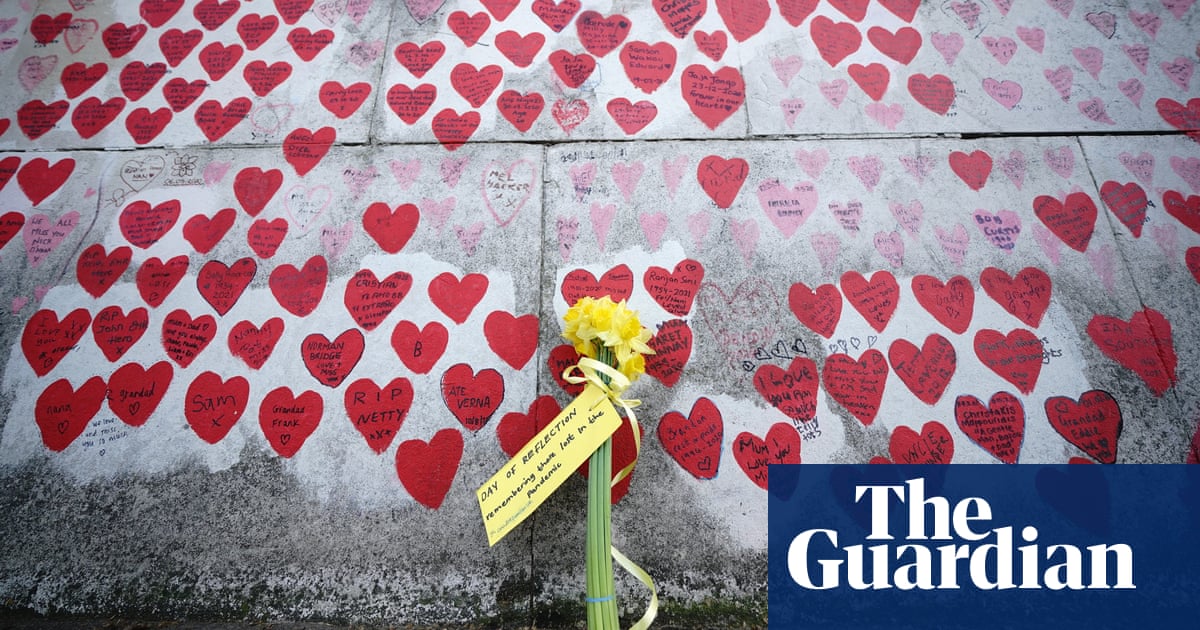
A pair of Conservative former ministers have announced they are to lead a rapid, cross-party investigation into the UK’s handling of the coronavirus crisis, amid worries a government inquiry will take too long for lessons to be learned in time.
In a rare set of joint hearings, the Commons health committee, led by ex-health secretary Jeremy Hunt, and the science committee, chaired by Greg Clark, who was business secretary, are to hear from witnesses in the hope of producing a report by the spring.
Announcing the plan, Hunt and Clark said the inquiry would aim to produce interim recommendations along the way. It will hold weekly joint sessions, with early witnesses set to include Chris Whitty, the chief medical officer for England, and Patrick Vallance, the government’s top scientific adviser.
While the pair stressed the aim will be constructive, and they do not want to pre-empt any future official inquiry, the testimony and findings could nonetheless be uncomfortable at times for Boris Johnson and his ministers.
Clark and Hunt have been among the most assiduous questioners of Matt Hancock, the health secretary, during his recent Commons appearances.
Hunt said he would expect the inquiry to cover the need for regular, large-scale coronavirus testing, an issue he has repeatedly raised in parliament, and whether this could help people visit loved ones in care homes.
The hearings begin next Tuesday with a session on social care. Other promised areas of examination include the efficacy of lockdown measures; how well modelling and statistics have been used; the efficacy of government messaging; wider preparedness for a pandemic; and the impact on BAME communities.
Hunt said while Johnson had not yet set out what sort of official inquiry he would like to set up, the expectation was that this would not be quick.
“If it is a public inquiry, it will take several years before it’s ready to report,” Hunt said. “Whereas this will be an inquiry that I think will be in a position to report by spring of next year, so a much shorter timescale.”
Clark said the aim was “to uncover and describe lessons that should be learned, but have application during the weeks and months ahead, before any further inquiries that the prime minister might commission”. While the final report was unlikely to arrive before spring, he added, there would be “staging posts on the way” to highlight any lessons.
The inquiry will hear from witnesses in person, with Clark and Hunt alternating who chairs each weekly session, and will accept written evidence. Hunt said the assumption was that ministers would attend if requested: “We would expect excellent cooperation to continue, as we’ve have had in the past in this scrutiny process.”
The pair have already met the Covid-19 Bereaved Families for Justice UK group, which says it represents 1,600 bereaved families and is campaigning for a swift public inquiry. The group has been trying to arrange a meeting with Johnson, so far without success.
Hunt said the relatives’ group wanted lessons to be learned as soon as possible, notably over testing: “What I took away was the vital importance of mass testing, given that half of all transmission is from people who are asymptomatic. You have to find a way of being able to test large numbers of people in every high-risk environment.”
The Covid-19 families group said it welcomed the joint committee plan, but that a full public inquiry would be even better.
Jo Goodman, the co-founder of the group, whose father, Stuart, died from the virus, said: “The fact that MPs have had to begin their own investigation highlights how this government has avoided scrutiny by refusing to launch its own judge-led public inquiry.
“That inquiry would be able to compel witnesses to give evidence. And it could have a ‘rapid review’ first phase, as was held after the Hillsborough disaster.”
Hunt said one of the key themes of the inquiry would be the way scientific and medical advice was given to ministers, and how they then acted on it, and that he expected Whitty and Vallance to also be called to give evidence nearer the end of the process.
“To really understand what lessons we need to learn from this pandemic, it is impossible to do so without understanding the intersection between scientists and politicians,” he said.












